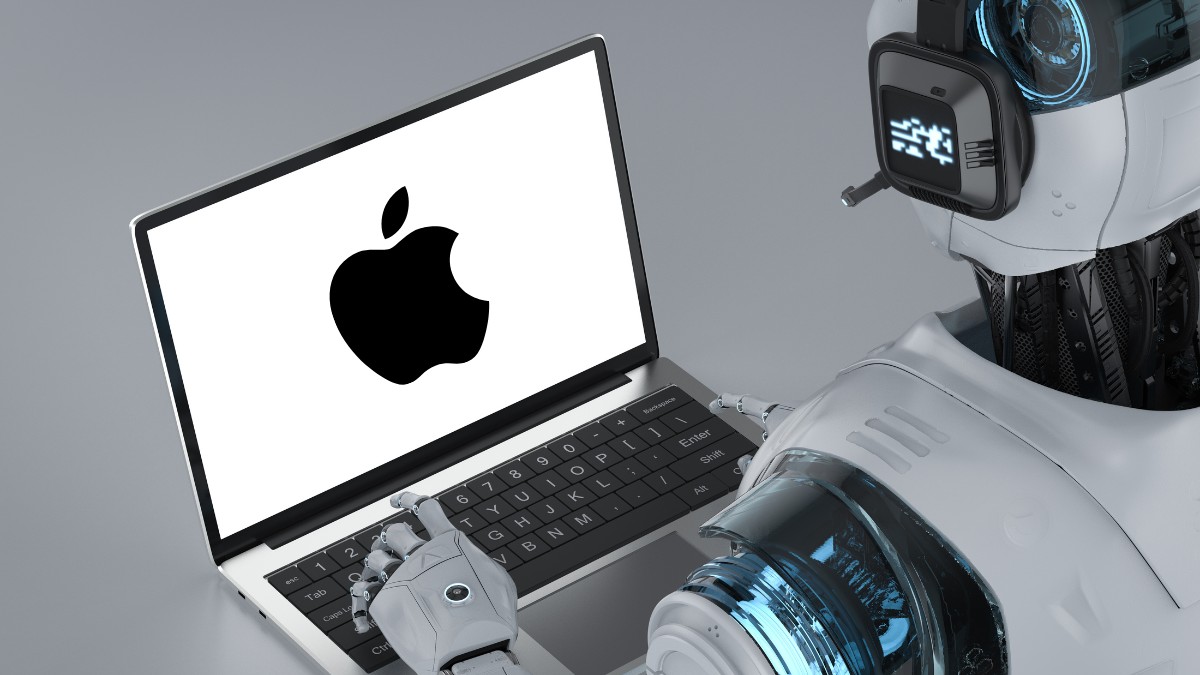In today’s article, we’ll delve into Apple’s recent decree that restricts its employees from using OpenAI’s ChatGPT due to apprehensions surrounding potential data leaks.
Key Takeaways:
- Apple has prohibited its employees from using AI tools like OpenAI’s ChatGPT.
- The primary concern behind this ban is the risk of confidential information being leaked or collected.
- Apple isn’t the only company to impose such restrictions; JPMorgan, Verizon, and Amazon have done the same.
- OpenAI stores user interactions with ChatGPT, which are utilized for AI system training.
- OpenAI introduced a feature that allows users to disable chat history, however, the company retains these conversations for 30 days.
- Despite the ban, OpenAI has launched an iOS app for ChatGPT.
- The possibility of extracting confidential information through the chat interface is a major concern, although no such vulnerability in ChatGPT has been reported.
Apple Joins Growing List of Companies Restricting ChatGPT Use
In a move reflecting mounting concerns around data privacy, Apple has now joined the ranks of corporations that have barred their staff from using AI tools such as OpenAI’s ChatGPT.
The driving force behind this step is the potential threat of sensitive data being leaked or harvested.
This decision by Apple is not an isolated incident.
Several other big-name businesses including JPMorgan, Verizon, and Amazon have also clamped down on their workforce’s use of ChatGPT.
Interestingly, news about Apple’s stance has come to light only recently, even though ChatGPT has been on the company’s restricted software list for quite a while.
Apple’s decision underlines the growing unease about potential data leakages from AI tools.
The Data Privacy Dilemma in AI Tools
AI tools like ChatGPT, by their very nature, depend on the collection and processing of user interactions.
This data helps the AI system learn and refine its responses.
However, this can pose a serious data privacy issue, especially if confidential information from the user is fed into the system.
Even with the best of intentions, there is a risk that staff could inadvertently reveal sensitive details about projects or company strategy while using these tools.
This could potentially expose that information to external moderators or even lead to it being extracted from the model via the chat interface.
Though no evidence currently suggests that ChatGPT is prone to such attacks, the risk is substantial enough to warrant preemptive caution.
Mitigation Measures: OpenAI’s Efforts to Enhance User Data Control
In the face of such concerns, OpenAI has been proactive in developing features that enhance user control over data.
One such feature is the ability to disable chat history.
This was launched not long after investigations into potential privacy violations were initiated by various European Union nations.
By turning off chat history, users have more agency over their data and can choose whether their chats are used to train OpenAI’s models or not.
However, it’s worth noting that even with this feature enabled, OpenAI holds onto the conversations for 30 days.
During this period, the company can review them for abuse before permanently deleting them.
This mitigating measure is a positive step, but the question remains whether it is enough to assuage the privacy concerns raised by companies and users alike.
ChatGPT Arrives on iOS Despite Apple’s In-House Restrictions
In a development that contrasts sharply with Apple’s internal restrictions, OpenAI has just launched an iOS app for ChatGPT.
The app, which supports voice input and is free to use, is currently available in the US.
Plans are already afoot to roll out the app in other countries, along with an Android version.
This news is likely to further heighten the ongoing debate around the dichotomy between the usefulness of AI tools like ChatGPT and the data privacy concerns they raise.
Apple’s move to restrict the use of ChatGPT internally, while also facilitating its wider availability on its platform, speaks volumes about the complexity of this situation.
In the days ahead, it will be fascinating to observe how companies navigate these choppy waters, balancing the potential benefits of AI tools with the critical need to maintain data privacy.
Conclusion
As AI advances at a rapid pace, the issues of data privacy and potential leaks continue to pose significant challenges.
Apple’s decision to restrict employees from using ChatGPT is a testament to these growing concerns. Despite efforts to address these issues, companies are opting for caution.
While OpenAI continues to innovate with features to enhance data control, businesses must tread carefully to ensure their confidential information remains protected.
As we anticipate the global launch of ChatGPT’s app, it will be interesting to see how these dynamics evolve and how OpenAI navigates the fine line between innovation and privacy.
 Sections of this topic
Sections of this topic
















